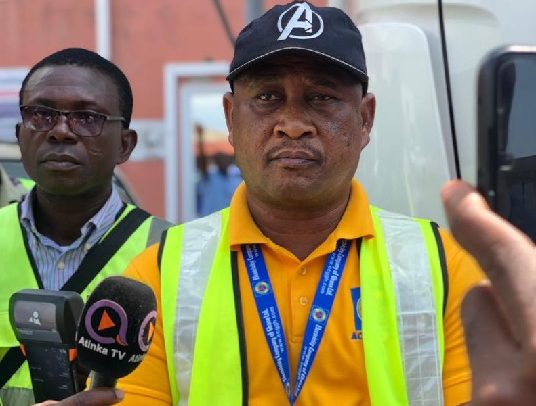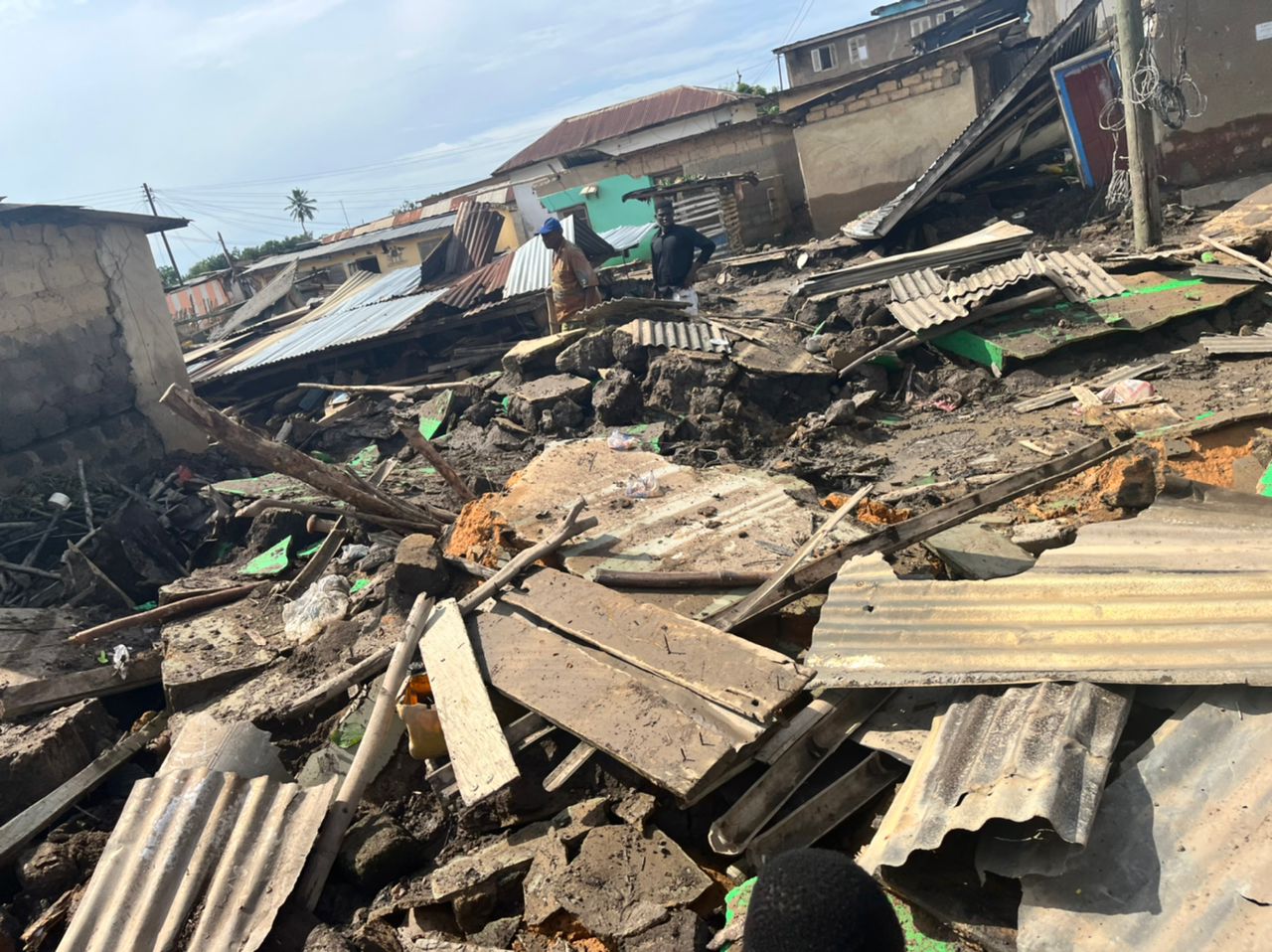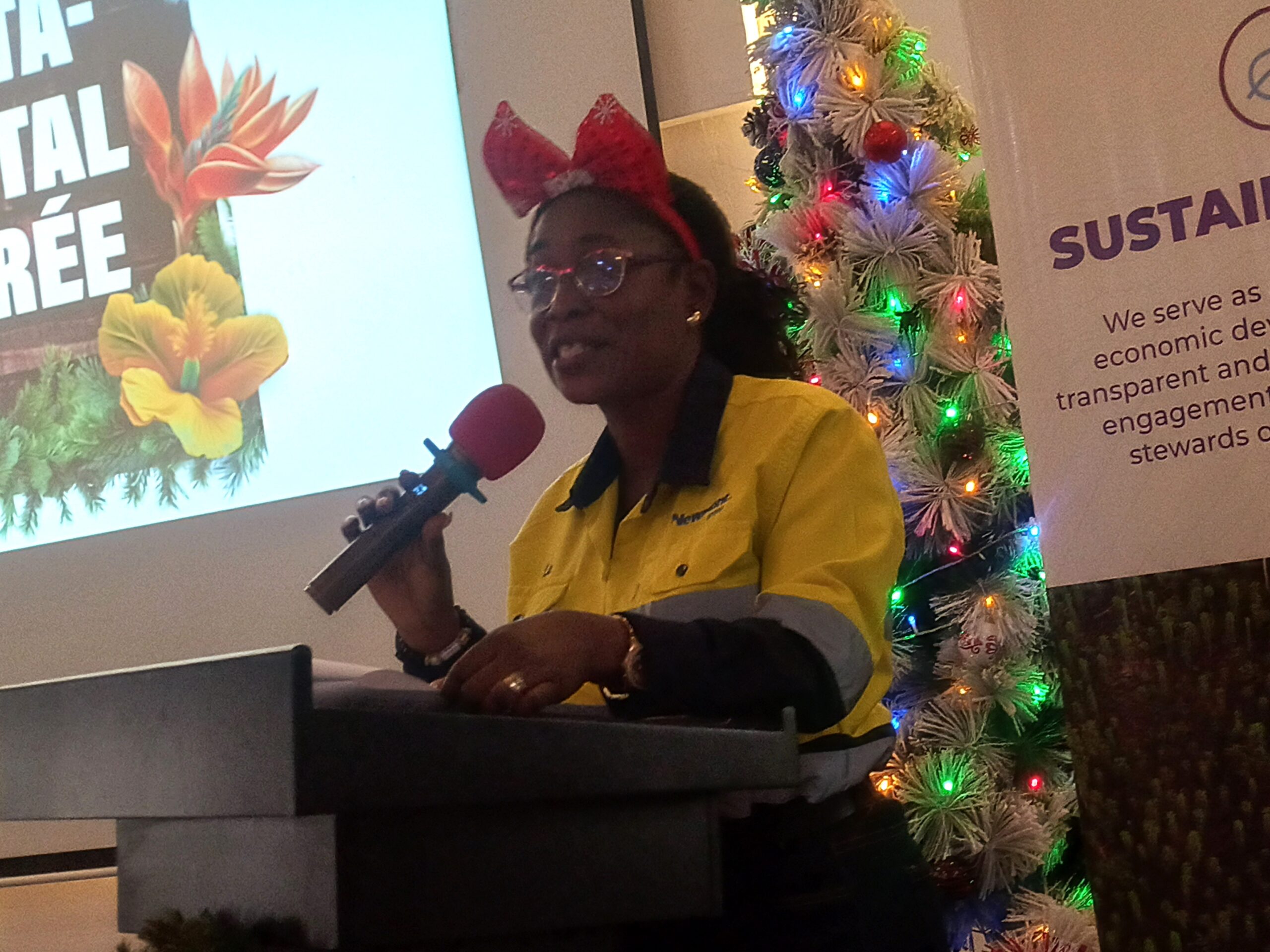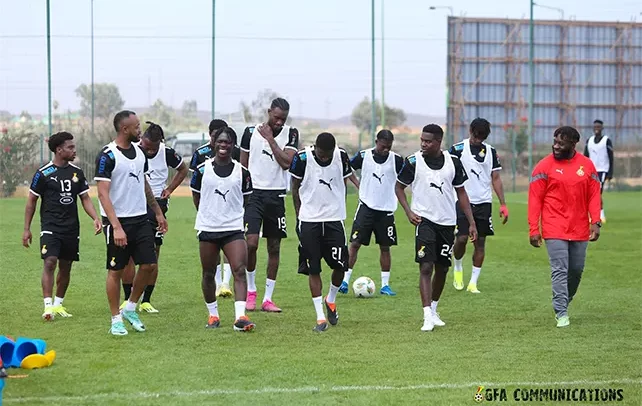
Kumasi — The Community Water and Sanitation Agency (CWSA) has invested more than GH? 54 million on the rehabilitation of small town water systems across the country in the last two years.
In addition, the agency has also deployed 792 water systems management staff nationwide to train the indigenes on the operation and management of the water system to ensure hygienic service delivery.
The Chief Executive of CWSA, Mr Worlanyo Kwadjo Siabi who disclosed these said the CWSA had also come up with reforms towards creation of wealth and jobs required to improve water system operation and management in rural and small communities in the country.
Addressing a press conference here yesterday, following the end of a four-day annual review conference in Kumasi, Mr Siabi said the reforms were geared towards building capacity of indigenous people to handle the management of the water system in their various communities.
It was under the theme, "Steps toward a utility service organisation: The success story, challenges and way forward".
According to the Chief Executive of the CWSA, the reforms and transformation were necessary as the 2019 CWSA report "has revealed that more than eight million people, representing 37.94 per cent living in the rural communities and small towns in Ghana currently lacked safe water".
He said the agency would not relax exploring technological and innovative approaches to improve water production, efficiency and quality in the country.
"To maximise the health benefits of people living in rural and small towns, the CWSA will scale-up sanitation and hygiene promotion initiatives and prioritise investments in a way that will sustain the water systems," he stated.
Mr Siabi explained that the agency will adopt sustainable business models to guide its operations in small towns and rural communities and initiate a change management process to enhance staff understanding, and buy-in as well as continue to sign performance contracts in order to enhance performance at all operational levels.
This challenge, he noted, had the tendency of defeating the Sustainable Development Goal 6 (SDG 6) which sought to ensure the availability and sustainable management of water and sanitation.
Mr Siabi said the agency needed to develop new strategies and invest in the sector in order to achieve the universal target of access to portable water for all by 2030.
He said CWSA has the responsibility to improve on the quality of water and services delivered to the people living in the rural communities and small towns.
Mr Siabi explained the SDG 6 had shifted the Water, Sanitation and Hygiene (WASH) services delivery from providing basic to safely managed services and so "water should be free from contamination, delivered on the premises of consumers and available when needed."
Read Full Story





















Facebook
Twitter
Pinterest
Instagram
Google+
YouTube
LinkedIn
RSS